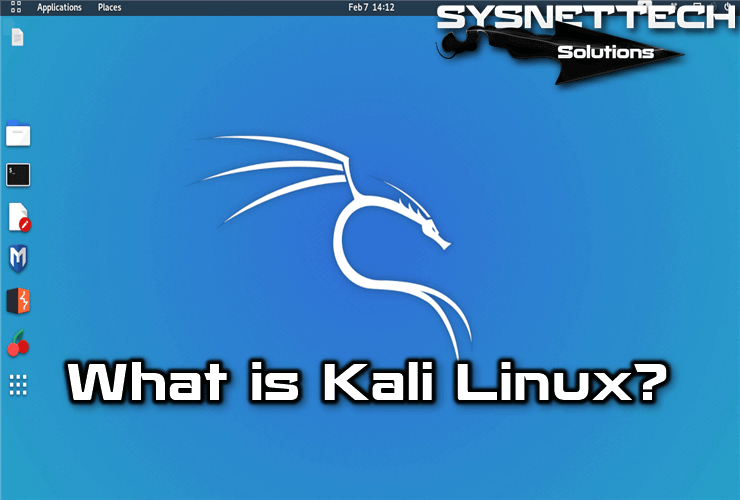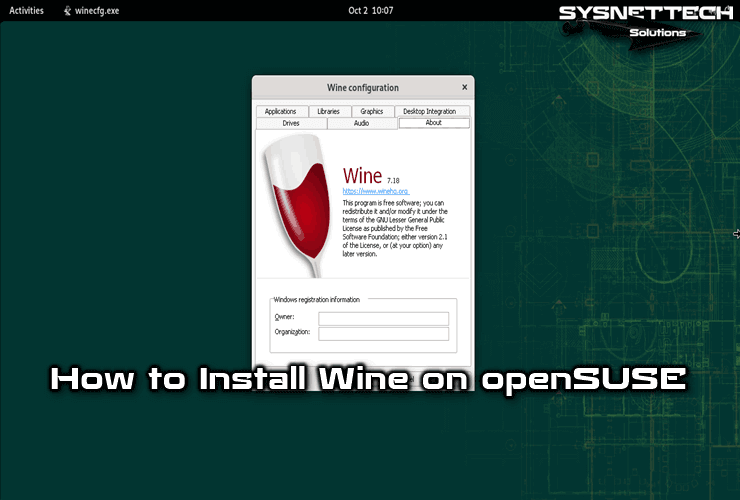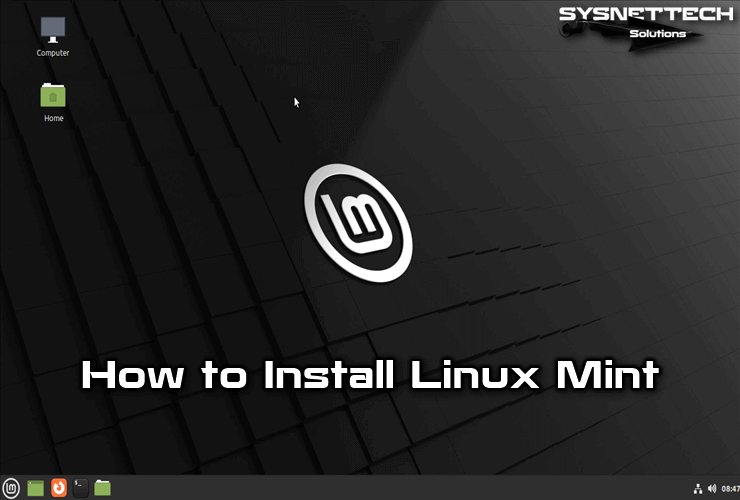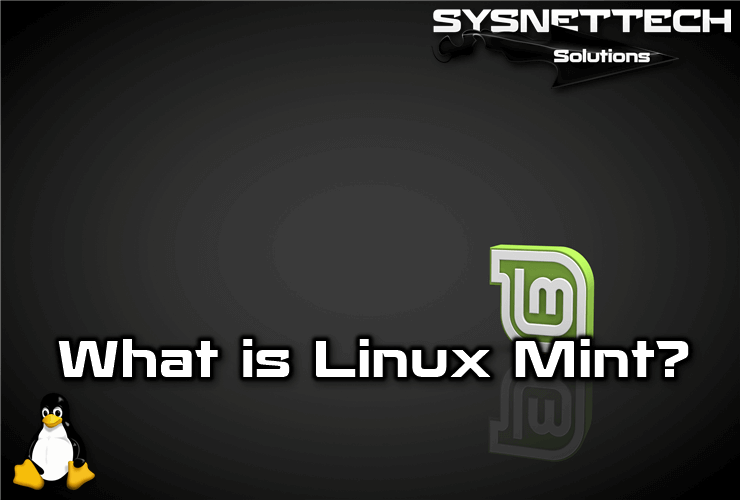Kali Linux is a Debian GNU/Linux based distribution designed primarily for general IT security and control. It was distributed from the rewriting of BackTrack, the predecessor of Kali Linux, founded and maintained by Mati Aharoni and Devon Kearns, both of which belong to the Offensive Security team.

What is Kali Operating System?
Kali Linux comes pre-loaded with many programs, including Nmap (a port scanner), Wireshark (a listener), John the Ripper (a password cracker) and Aircrack-ng package (security testing software on wireless networks). Kali can be used from Live CD, live-USB and can also be installed as the main operating system.
Kali is distributed to ISO images compiled for different architectures (32/64 bit and ARM).
In the past 7 years, Backtrack Linux has succeeded in replacing the best distribution for computer security professionals, but with each new release it has become slower, heavier and contains things that really few people use, this has led to distributions like Bugtraq that will increase in popularity and gain power.
Offensive Security was aware of this fact and some time ago announced that 5R3 will be the latest version of Backtrack, it will be renamed Kali, the 6 versions of Backtrack.
Kali is the renewal of the famous Backtrack security distribution and has the following features on its official website.
Tools
More than 300 penetration testing tools: After reviewing all the tools on BackTrack, a large number of tools have been removed that either work or have other tools that provide similar functionality.
Like its predecessor, Kali Linux will always be free and you’ll never have to pay.
Open Source
Git: The great supporter of open source software and the development community is open to all, and all resources are available for those who want to change and rebuild packages.
FHS compliant: Kali has been developed to comply with the File System Hierarchy Standard, which enables all Linux users to easily find binaries, support files, libraries.
Wireless Vulnerabilities
There is extensive support for wireless devices. It is designed to support as many wireless devices as possible and is thus compatible with multiple USB and other wireless devices, ensuring that it works properly on a wide variety of hardware.
It has a special core with injection patches. As penetration testers, the development team usually has to conduct wireless evaluations so that the core contains the latest injection patches.
Safe Development Environment
The Kali Linux team consists of a small group of trusted people who can only compromise and interact with packages in repositories and use multiple secure protocols.
Packages Signed with PGP and Repositories
All Kali packages are signed by each developer individually when they are developed. Repositories then sign packages.
Multi-Language
Although penetration tools tend to be written in English, it has multilingual support. More users can easily find the tools they need to work in their own language.
Fully Customizable
Not everyone can disagree with design decisions, so more adventurous users can customize their systems to their very essence.
ARMEL and ARMHF Support
ARM support should be robust as ARM-based systems become more common and cheaper. Because installations running on ARMEL and ARMHF systems should be smooth. The distribution has ARM warehouses integrated into the main distribution line, so ARM vehicles are updated for the rest of the distribution.
Kali is available for the following ARM devices:
Devices:
- Gem PDA
- Raspberry Pi – Full Disk Encryption
- Galaxy Note 10.1
- Raspberry Pi
- Acer Tegra Chromebook 13″
- ASUS Chromebook Flip
- BeagleBone Black
- Cubieboard 2
- Cubietruck
- CuBox
- CuBox-i4Pro
- EfikaMX
- HP Chromebook
- MiniX
- NanoPi2
- ODROID U2
- ODROID-C1
- ODROID-XU3
- Raspberry Pi 2
- RIoTboard
- Samsung ChromeBook
- Samsung Chromebook 2
- SS808/MK808
- Trimslice
- USB Armory
- Utilite Pro
Kali Linux is a big advance for BackTrack, and it keeps it in effect by adding a new twist to the distribution in 2013.
Related Articles
♦ What is Ubuntu?
♦ BOOTP Definition
♦ Network Time Protocol
♦ What is a PC?
♦ Learning System Info in Ubuntu



